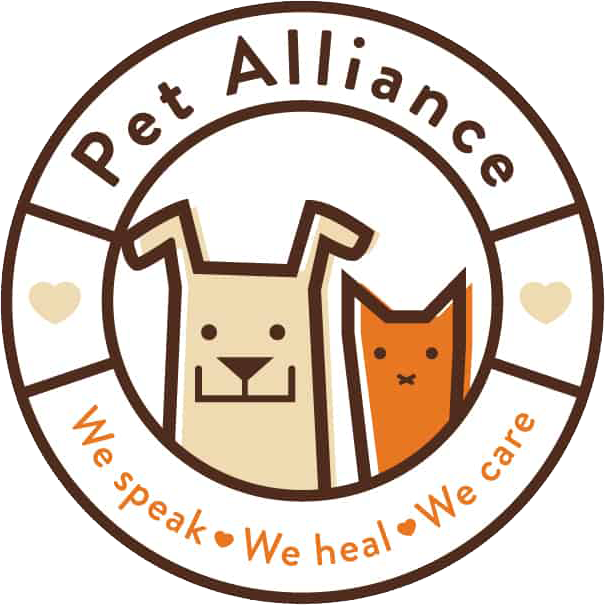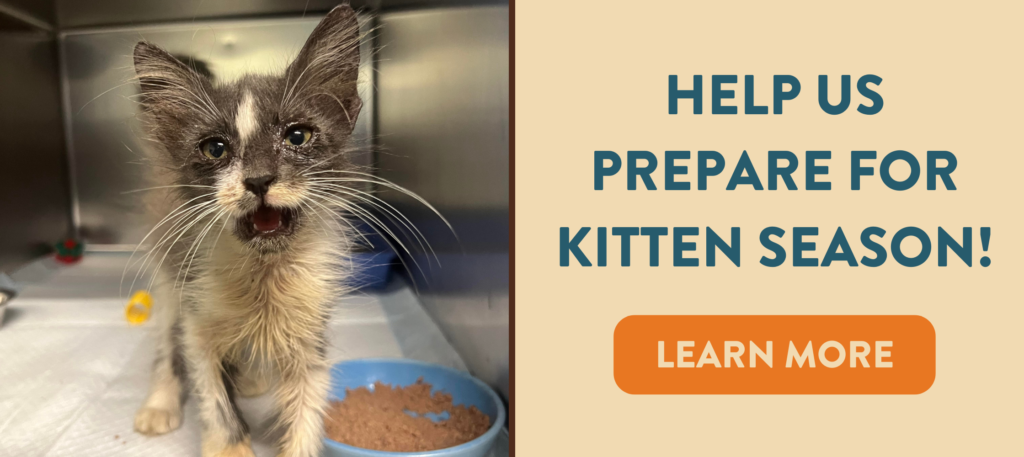Can I Keep My Cat?
If you’re pregnant, you’ve probably heard of toxoplasmosis because it can cause serious birth defects. However, toxoplasmosis is a rare disease in the United States and is one that can easily be avoided. While the disease-causing parasite can be found in the feces of cats who ingest raw meat, birds, mice, or contaminated soil, toxoplasmosis is more commonly found in uncooked or undercooked meat. If you’re concerned about a possible exposure, ask your obstetrician to perform a simple blood test. If the result shows you were exposed to toxoplasmosis during pregnancy, you may be given medication and your baby may be tested and treated soon after birth.
Keep in mind that the odds of contracting toxoplasmosis during pregnancy are extremely low, and even lower for your baby. Being pregnant does not mean you have to give up living with and caring for your beloved cat. Toxoplasmosis is easily avoided by practicing good hygiene and responsible pet care. Just follow these simple steps to reduce the risk:
- Avoid handling or eating uncooked meat.
- Be certain to wash all cutting boards and utensils that may have come in contact with meat before using them to prepare other foods.
- Keep your cat safely indoors and away from wildlife.
- Have someone else clean the litter box daily. Or if you must do it, wear a mask and rubber gloves.
- Feed cats only commercially prepared cat food.
How Can I Prepare My Pet?
No matter how much you plan ahead, the addition of a new family member may be difficult for your pet. Remember, your dog or cat was your first “baby” and is used to being the center of your attention. It’s understandable that she may experience something akin to sibling rivalry when you introduce a new human baby into your household.
You can minimize this feeling by working with her before you bring home your baby. For example, because your new baby will demand a lot of your time and energy, gradually accustom your pet to spending less time with you. Drastically decreasing attention and frequently scolding, ignoring, or isolating your pet after the baby comes home will likely make your pet feel stressed. If your pet is particularly attached to the mother-to-be, another family member should develop a closer relationship with the animal. That way, the pet can still feel loved and provided for while mom is busy with the baby.
How Can I Prepare My Pet?
- Take your pet to the veterinarian for a routine health exam and necessary vaccinations.
- Spay or neuter your pet. Not only do sterilized pets typically have fewer health problems associated with their reproductive systems, but they are also calmer.
- Address any pet training and behavior problems.
- Get your pet used to nail trims.
- If you have a lap dog or a lap cat, now is the time to train your pet to remain calmly on the floor beside you until you invite them on your lap, which will soon cradle a newborn.
- Consider enrolling in a training class with your dog.
- Accustom your pet to baby-related noises months before the baby is expected. For example, play recordings of a baby crying, turn on the mechanical infant swing, and use the rocking chair. Make these positive experiences for your pet by offering a treat and praise.
- If the baby’s room will be off-limits to your pet, install a sturdy barrier such as a removable gate (available at pet or baby supply stores) or, for jumpers, even a screen door. Because these barriers still allow your pet to see and hear what’s happening in the room, he’ll feel less isolated from the family and more comfortable with the new baby noises.
- Sprinkle baby powder or baby oil on your skin so your pet becomes familiar with the new smells.
- Finally, plan ahead to make sure your pet gets proper care while you’re at the birthing center.
What Do We Do After Baby Is Born?
Before you bring your baby home from the hospital, have your partner or friend take home something with the baby’s scent (such as a blanket) for your pet to investigate. When you return from the hospital, your pet may be eager to greet you and receive your attention. Have someone else take the baby into another room while you give your pet a warm, but calm, welcome.
After the initial greeting, you can bring your pet with you to sit next to the baby; reward your pet with treats for appropriate behavior. Remember, you want your pet to view associating with the baby as a positive experience. Never force your pet to get near the baby, and always supervise any interaction.
Life will no doubt be hectic caring for your new baby, but try to maintain regular routines as much as possible to help your pet adjust. And be sure to spend one-on-one quality time with your pet each day. With proper training, supervision, and adjustments, you, your new baby, and your pet should be able to live together safely and happily as one (now larger) family.
For more information on introducing your dog to baby, go to:
https://positively.com/dog-behavior/new-dogs/introducing-a-new-dog/introducing-dog-to-new-baby/


